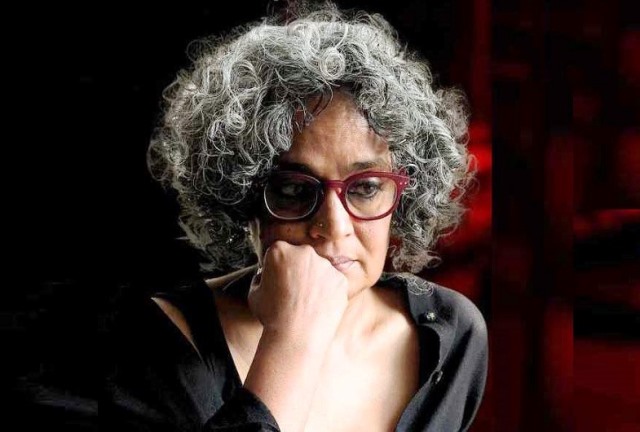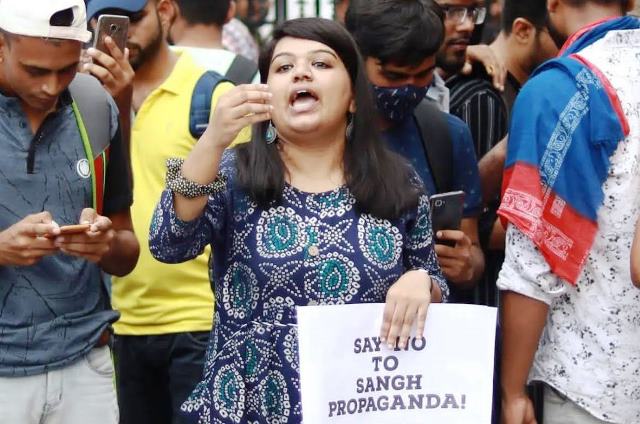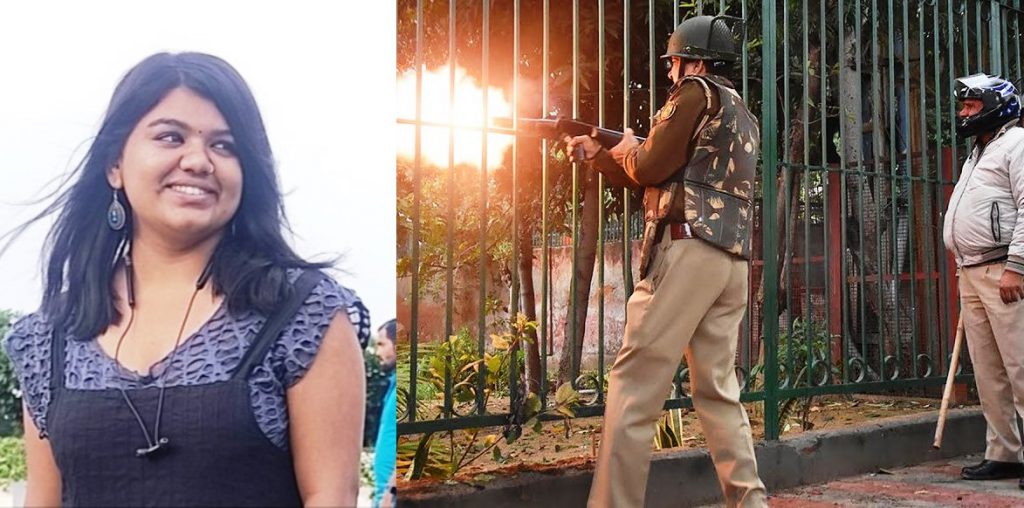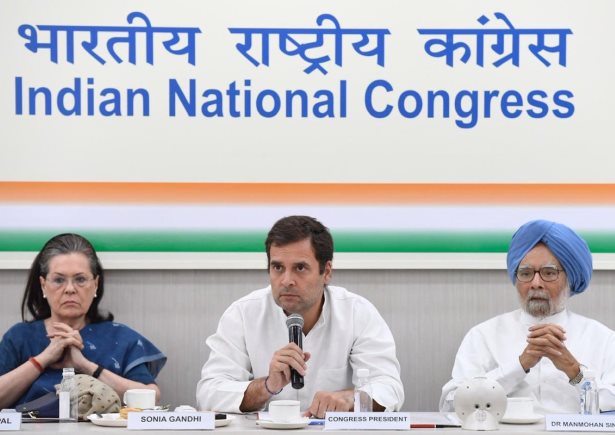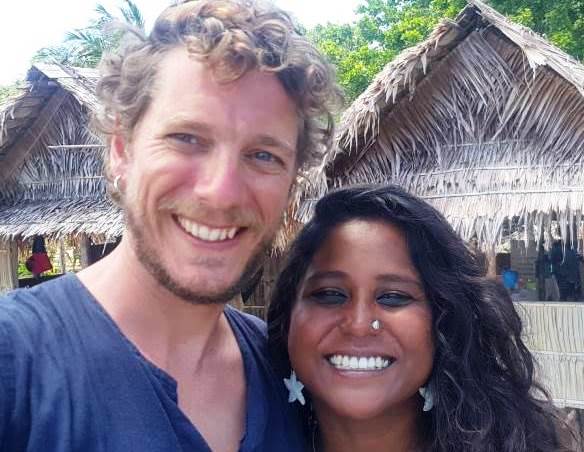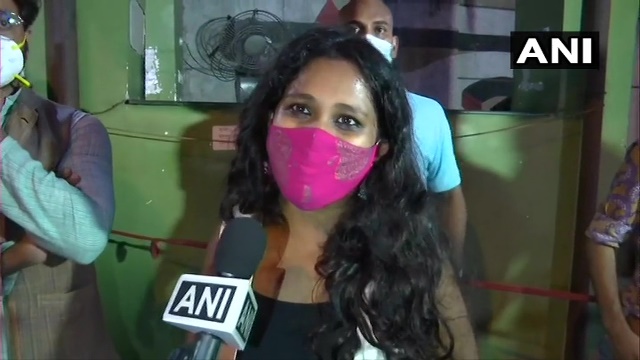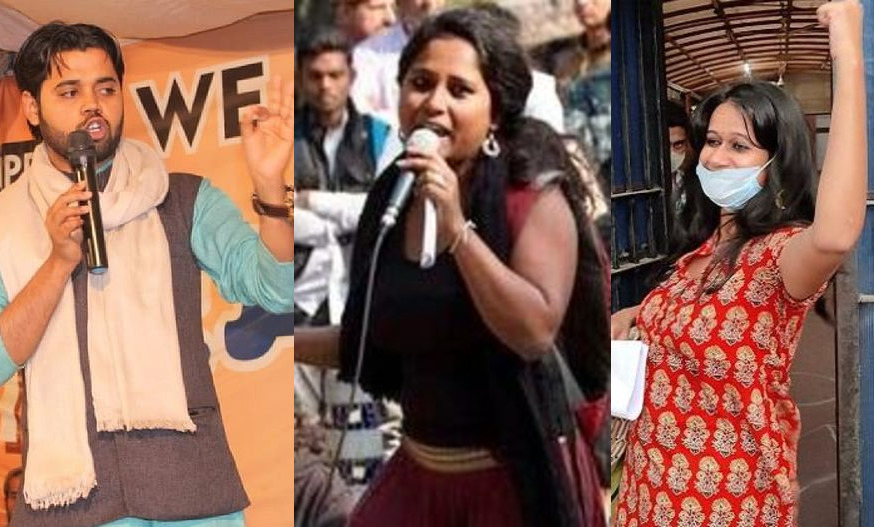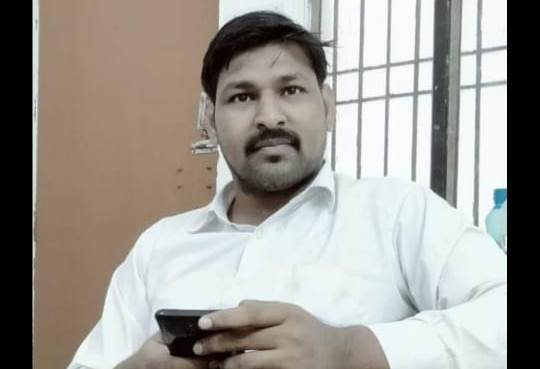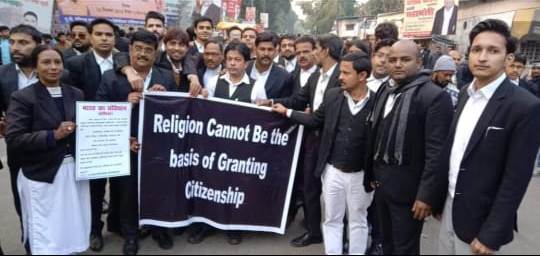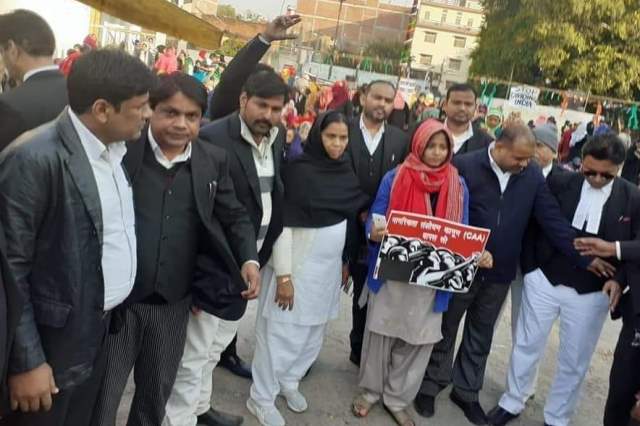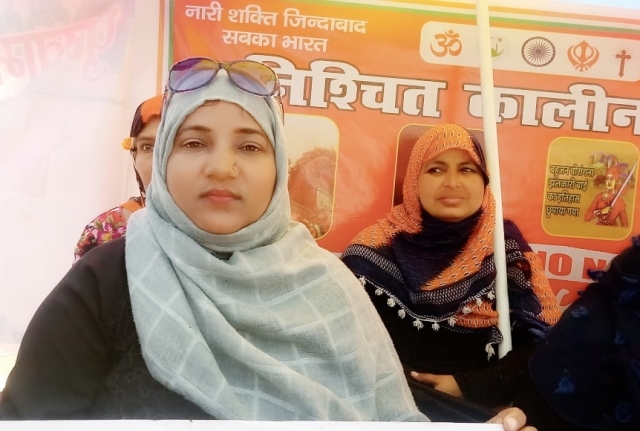The God of Loss.
The God of Small Things.
He left no footprints in the sand, no ripples in water, no image in mirrors.
Arundhati Roy, The God of Small Things
Now, they have got after author Arundhati Roy. After ten years of tracking her life and times, replete with balanced, critical and insightful resistance to the Neo-Nazis gone berserk, the Booker Prize winner and international celebrity, has become the first target of the fake prophet’s unpopular and hated regime in the scorching summer of June 2024. Certainly, all the heads of state in Italy are currently fully aware of his glorious deeds, past and present, at the G-7 Summit, including that he was banned from travelling to the US for ten long years, and became a global pariah, after presiding over the carnage in Gujarat, 2002.
Indeed, running a crippled government with a lost mandate, despite all the machinations of the Election Commission and his stooge media, discredited and rejected by almost half of the Indian voters, having just about scraped through in his own constituency, the ‘non-biological’ one has not changed his spots. And, clearly, he is refusing to learn any lessons from history.
The draconian UAPA case against Roy yet again reminds the nation of Gulfisha, Sharjeel and Umar Khalid. Indeed, have we forgotten them all — brilliant, young scholars, rotting in prison in this heat wave, for more than three years now, without a legitimate bail, imprisoned on what are widely believed to be cooked-up charges, with no evidence whatsoever?
Is it a crime that they are not celebrities, and, instead, are legitimate Muslim citizens of a secular democracy? Thereby, should they be treated as ‘second class’ citizens which Mr M wants to turn into a one-dimensional, repressive, racist and patriarchal ‘Hindu Rashtra’? Is it a crime to be a Muslim – modern, young, enlightened — in contemporary India?
Besides, is it not a recurring message, that once the series of mob-lynching of Muslims under State protection stopped, mainly because of the outrage against it across the nation, these scholars were picked up and punished, only because they were peaceful dissenters, articulate in their reinterpretation of a pluralist society, and firm believers in the Indian Constitution?
So, who is Gulfisha?
She is also called Gul. Gul means a flower. Perhaps, a rose. Gul has done her MBA, is considered exceptionally talented by her friends and family, and apart from other public causes, she used to take English language classes with local Muslim women during the non-violent protests against the polarizing anti-constitutional CAA.
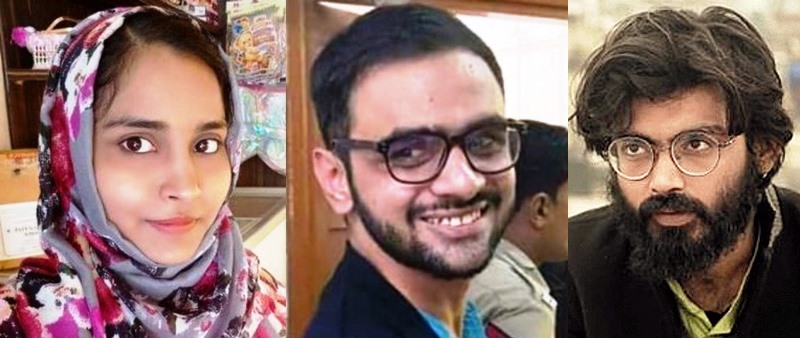
She was not alone in this kaleidoscopic mass movement of rainbow coalitions. Led by brave students, especially women, of Jamia Millia Islamia in Delhi, including students of JNU and other campuses, and the mothers and daughters of Shaheen Bagh in the neighbourhood, the protests had rocked the country. Tens of thousands of people were on the streets across India, and innumerable Shaheen Baghs were being born in towns and cities.
ALSO READ: ‘BJP Tacit Support To Revanna Exposes Their Misogyny’
That is why, Mr M’s best Gujju buddy wanted to send an ‘electric current, with every button pressed of the electronic machine, during the assembly polls in Delhi in 2020, which they so badly lost, yet again. Wonder, why should a Union home minister inflict electric current on his own citizens, and what a crude and ugly message it really meant for the women of India?
The deadly Delhi riots followed. Inevitably, one community suffered the most. And members of the same community, young dissenters, were all picked up and punished. So predictable is this perverse pattern! Injustice follows injustice, like an Orwellian nightmare!
According to a report by the Citizens for Justice and Peace (CJP) (April 9, 2024): “On March 5, the Delhi High Court’s Justices Suresh Kumar Kait and Manoj Jain heard a petition for bail. The court decided to reserve its bail verdict. Gulfisha Fatima again was sent back to prison. As the probe by the police continues, April 9 marks four years of the incarceration of Gulfisha. She has been implicated and accused of violence during the north-east Delhi violence of 2020.”
“…The police had further claimed that she had had an office near the protest site from where she would take to planning riots with others, including those accused in the case such as Khalid Saifi, Natasha Narwal, Devangana Kalita, and her lawyer Mehmood Pracha…”
Natasha and Devangana were later released on bail after spending a long time inside the prison. They are both scholars in JNU. Their release should have marked a precedence. None of that happened.
Indeed, the CJP reported that after several such arrests, experts from the United Nations called the arrests politically motivated and called for Gulfisha’s release, along with other protestors. “These defenders, many of them students, appear to have been arrested simply because they exercised their right to denounce and protest against the CAA The experts termed the arrests as “designed to send a chilling message…that criticism of government policies will not be tolerated.”
And what about Sharjeel Imam? Have we forgotten him also?
Sharjeel hails from Jehanabad, Bihar. His academic record tells a story, not found easily in most Muslim homes, not even in most Indian homes. He completed his BTech and MTech from IIT-Bombay and joined JNU in 2013 for his Master’s in ‘Modern History’. Two years later, he started work on his PhD theses. He has been framed with multiple charges and continues to languish in jail.
All who have met Umar Khalid, know him to be an affable, happy, friendly, resilient, forthcoming and brave young man, whose heart beats for the poor and against all forms of injustice. A firm believer in the Indian Constitution, his passionate and captivating speeches were mesmerizing, taking the audience to a journey of new facts and insights about Indian society, its past and present. He represented the modern aspiration, values and ethics of the young generation – non-sectarian, open-ended, always ready to listen to the others’ viewpoint, and steadfast in his faith in the idea of infinite resistance against all that stands for evil. He finished his PhD from the Centre for Historical Studies in the School of Social Sciences in JNU.
Khalid Saifi, his friend and comrade in the ‘United Against Hate’, is also languishing in prison. Similar charges. A big-hearted husband of a loving and brave wife, with three beautiful children, he was doing relief work in the riot-affected areas on the day he was picked up. He remains resilient and strong, though his wife and kids miss him like hell. Her occasional posts on the social media are heart-breaking.
Only a totally cruel and heartless regime can do this to a mother and her children — what they have done to him!
Delhi Lt Governor VK Saxena has now accorded sanction to prosecute Arundhati Roy and a former professor in Kashmir, Sheikh Showkat Hussain, under the UAPA, for allegedly making provocative speeches at an event in Delhi in 2010.
Besides the relentless hounding of the popular AAP government, Saxena has done precious little for the people of Delhi. The citizens of Delhi know too well, especially the poor, that all that they have gained under the AAP government has been unprecedented – fantastic, world class government schools with specialized skills and modern equipment for children coming from humble homes, free bus rides for women in the Delhi Transport Corporation, an end to the hounding of hard-working street-vendors, rickshaw-pullers and vegetable-sellers by the municipal corporation and cops, multiple body tests, hospital services and mohalla clinics with not a penny spent, and, of course, free water and highly subsidized electric supply.
Saxena has no credibility whatsoever. Now, the hounding of Arundhati Roy, will make him internationally famous – albeit for the wrong reasons.
Certainly, Roy is not going to succumb or compromise. Instead, she will become more resilient and inspiring. Undoubtedly, this is the time for the INDIA alliance, civil society and women’s groups, farmers, students, teachers, workers and ordinary citizens, to teach this totally corrupt and crony capitalist regime, without a mandate, a lesson. Rahul Gandhi and Priyanka Gandhi, yet again, should lead this struggle for human and fundamental rights – and the Right to Dissent. And the Left should join them in the barricades.
The Neo-Nazis have been squarely defeated in the ballot box. This is the time for the people of India to hit the streets. Peacefully. If thinkers, scholars and creative writers can’t express themselves peacefully, than that society can never ever call itself a democracy!
For more details visit us: https://lokmarg.com/
